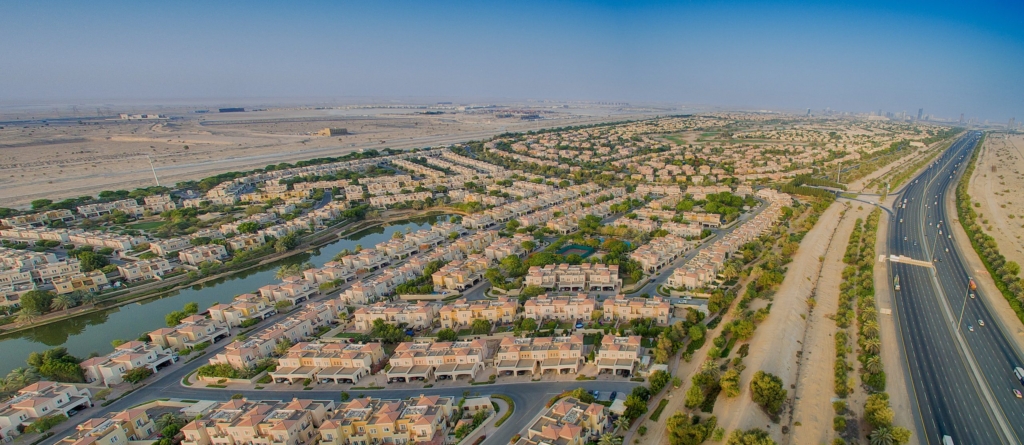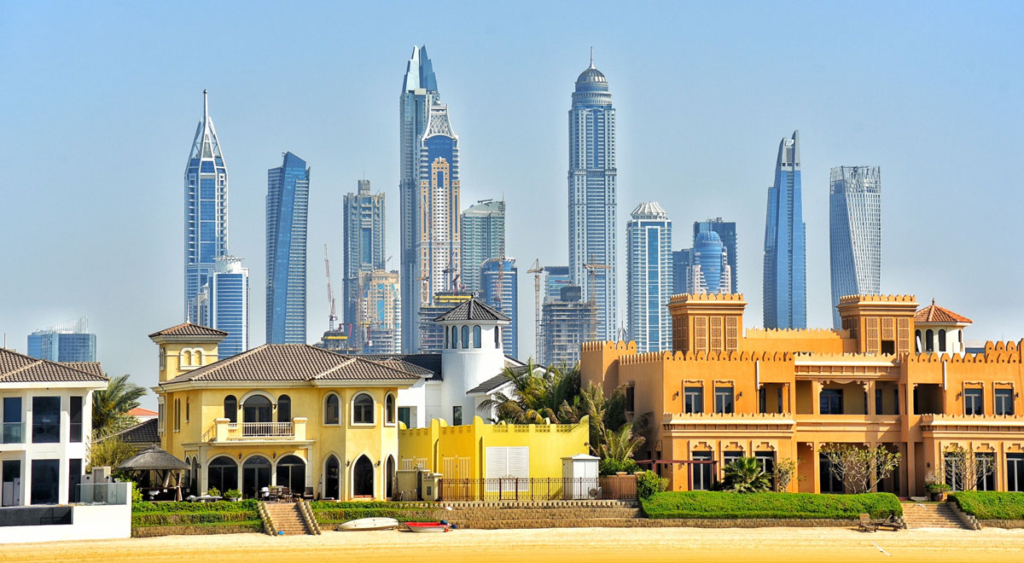Tenant's Guide
Tenant's Guide for Renting a Property in Dubai
1. Determine Your Budget:
Determine your budget before beginning your property search. Consider not only the property’s cost but also other expenses such as registration fees, agency fees, maintenance charges, and utility costs. Stick to a budget that ensures you can comfortably afford the property without overstretching your finances.


2. Choose the Right Location:
Dubai offers a diverse range of neighborhoods, each with its unique charm and amenities. Consider factors such as proximity to your workplace, schools, healthcare facilities, public transportation, recreational areas, and lifestyle preferences. Research the area’s future development plans to gauge its potential for appreciation.
3. Property Type and Size:
Dubai offers a variety of property types, including apartments, villas, townhouses, and even off-plan properties. Decide which type best suits your needs, preferences, and long-term plans. Off-plan properties can offer attractive payment plans and early bird prices but come with higher risks, so research the developer’s reputation thoroughly.


4. Research Legalities and Regulations:
5. Find a Reputable Real Estate Agent:
If you’re thinking about buying an off-the-plan property, look into the developer’s reputation. Find developers who have a reputation for completing jobs on schedule and to a high standard. Ask the Real Estate Regulatory Agency (RERA) of Dubai if the developer is listed there.


6. Inspect the Property:
Perform a comprehensive inspection on any property you are purchasing, new or used. Examine the property’s general condition, plumbing, electrical, and structural issues. Visit the developer’s showroom or model unit for off-plan properties to get a better idea of the layout and finish.
7. Negotiate Lease Terms:


8. Understand Deposits and Fees:
9. Read and Understand the Lease Agreement:
Before signing the lease agreement, give it a careful read. Make sure the contract appropriately reflects all the provisions that were discussed and decided upon during the negotiating process. If you have any questions or concerns, consult an attorney.


10. Register Ejari:
Complete all the legal procedures, which include signing the sales and buy agreement, receiving a NOC (No Objection Certificate) from the developer, and paying the appropriate payments. In order to protect your ownership rights, register the property with the Dubai Land Department.